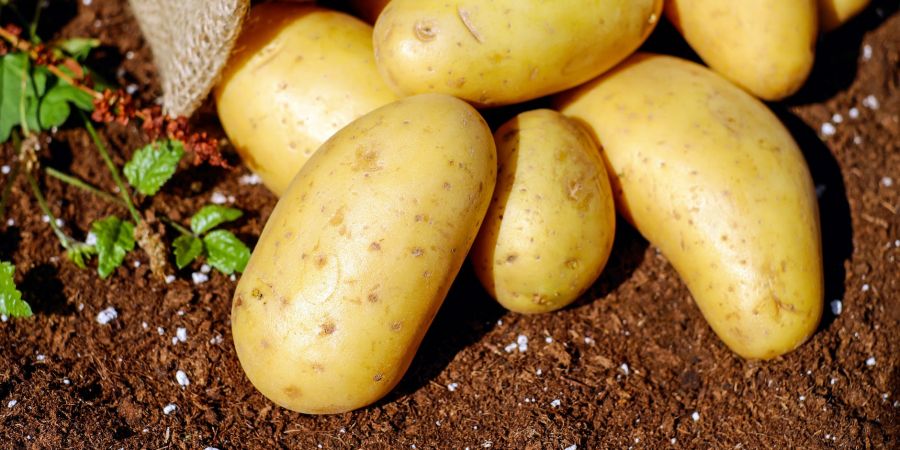

With the increasingly evident health benefits of low-carb diets, the staple carbohydrate-rich potato has become controversial, especially while considering diabetes. Earlier researchers have indicated that it could be linked to developing type 2 diabetes.
However, new data has come forward from research in Australia and Denmark which shows that this might not be entirely true.
The researchers analyzed existing data available on the impact of diet in development of diabetes. They discovered that people who eat more fresh vegetables are at a lowered risk of having type 2 diabetes.

In the case of potatoes, on separating boiled potatoes from mashed potato dishes or fries & chips, the researchers found no association with the increasing risk of developing diabetes. The same research also suggests that those who consume potatoes the most, also consume more red meat, butter and sugary drinks, all of which together raise the risk of type 2 diabetes.
Their findings also reaffirm the fact that vegetables play a very important part in lowering the risk of diabetes, as those who consume more green vegetables and cruciferous ones have a significantly lower risk of developing it statistically.
Potatoes provide a variety of important nutrients that we all need, including those with diabetes. But it is important to note that these veggies are quite high in the carbohydrate department. Not only are they rich in carbs, but potatoes are considered to be a high glycemic index food, meaning that the carbs are quickly absorbed by the body and may cause a blood sugar spike. This is why it's important to enjoy more moderate portions of potatoes and to pair them with slower-digesting foods like non-starchy vegetables and protein.
When a person has diabetes, they may not be able to absorb all of the carbohydrates that they consume, causing higher-than-desired blood sugar levels. For those without diabetes, when blood sugar levels rise, the pancreas is signaled to release insulin, which helps the cells in the body take up the blood sugar to use it for energy.
But in the case of diabetes, either a person's pancreas is not producing insulin (as is the case in type 1 diabetes), or the cells are resisting insulin from doing its job (which is the case in type 2 diabetes). In any case, too much blood sugar stays in the bloodstream. Over time, that can damage blood vessels and cause serious health problems like heart disease, vision loss, and kidney disease.
